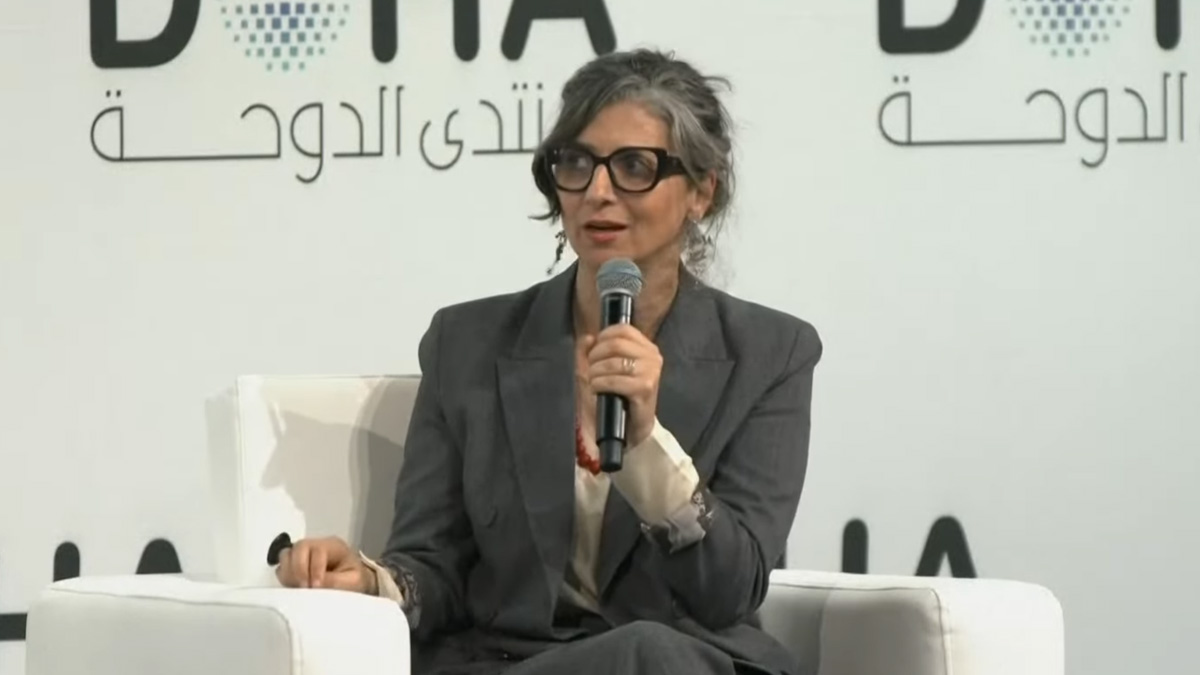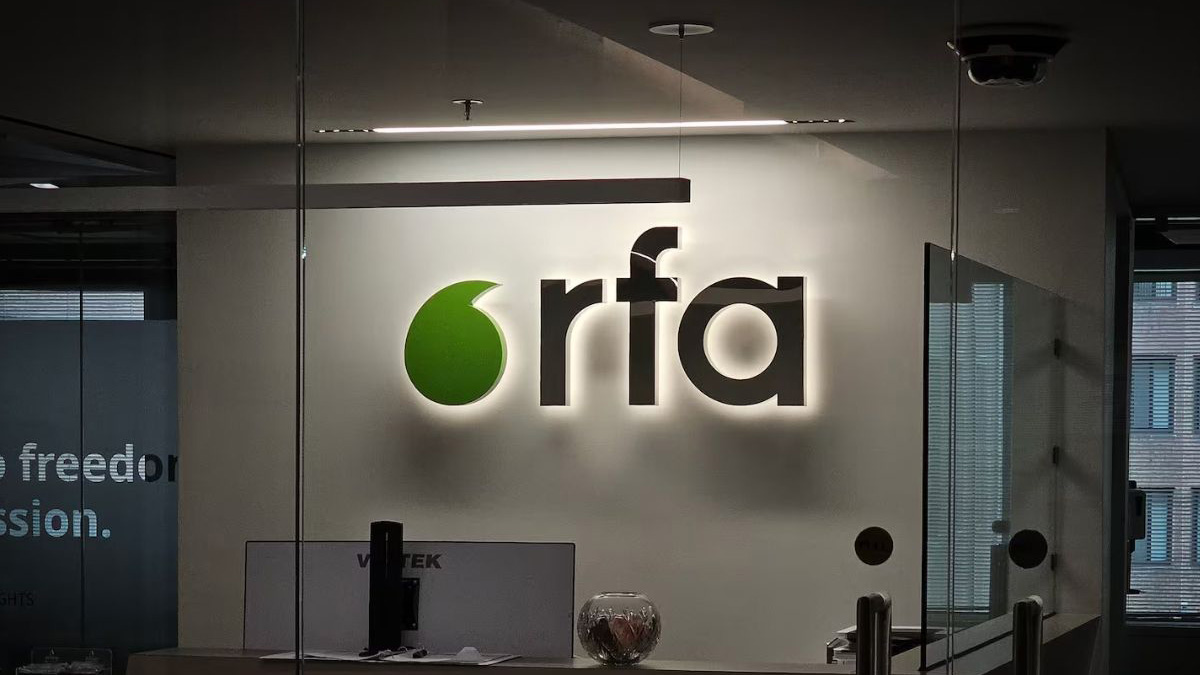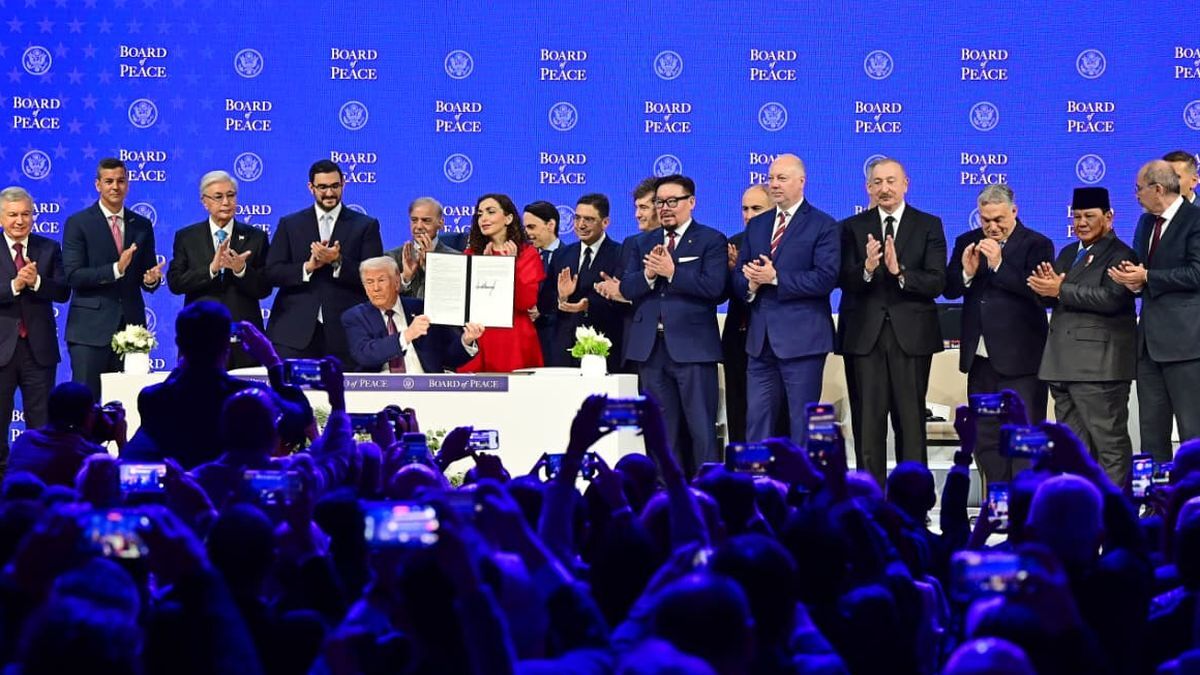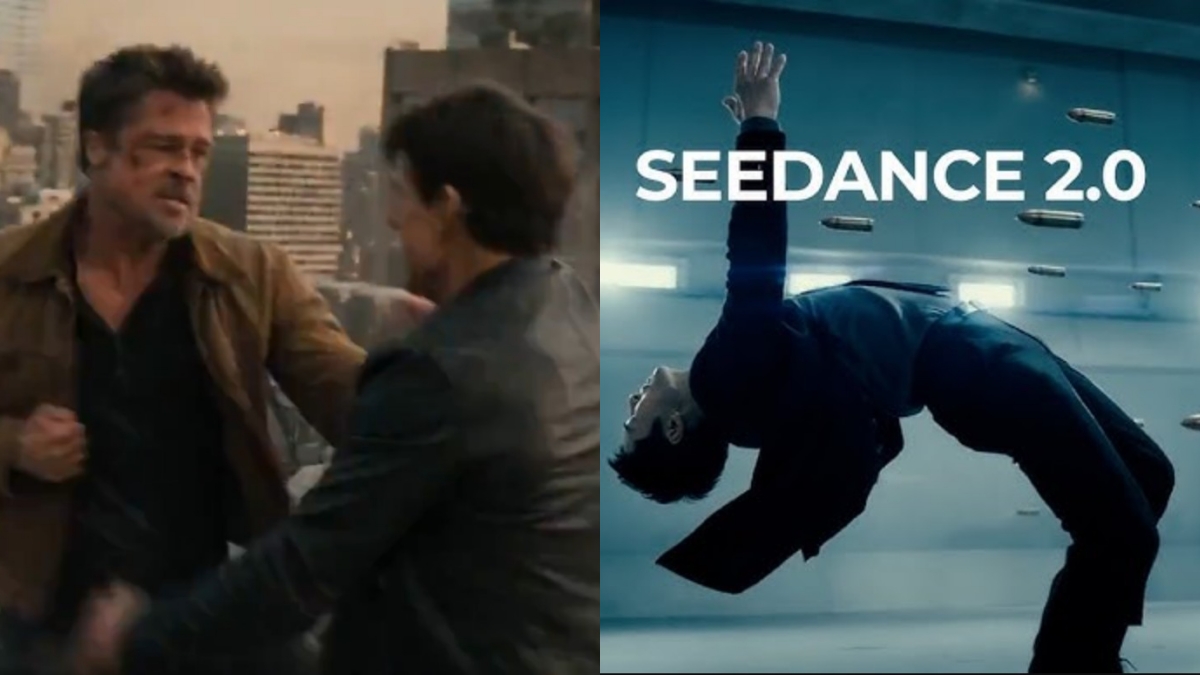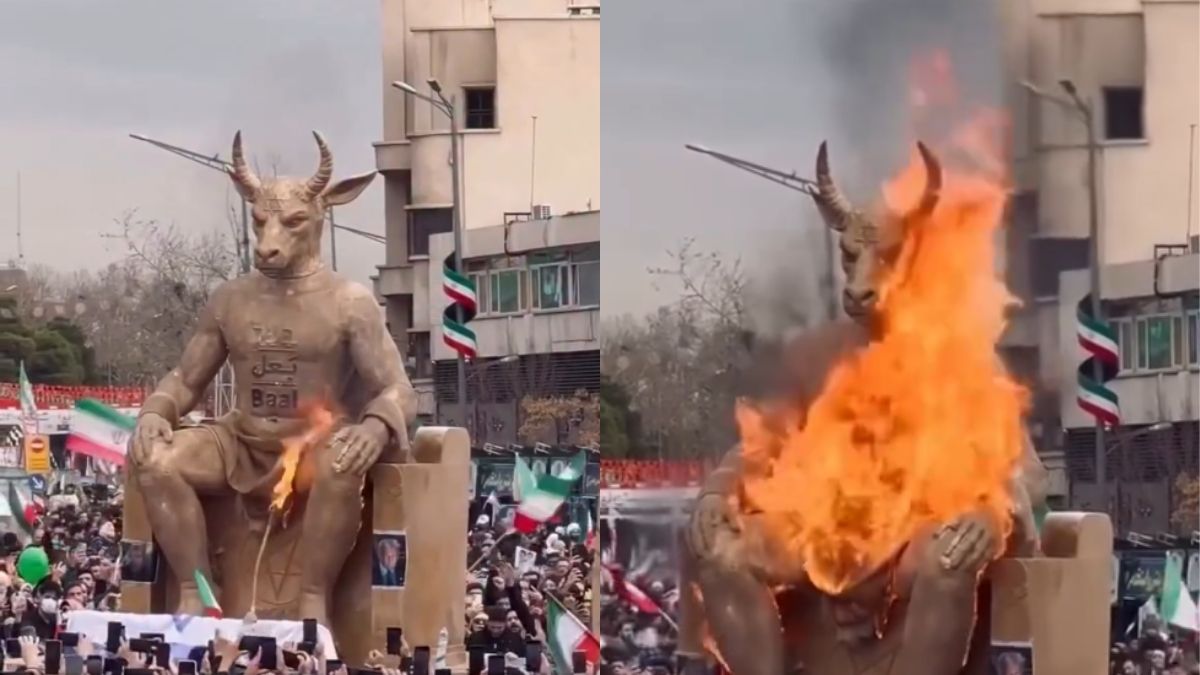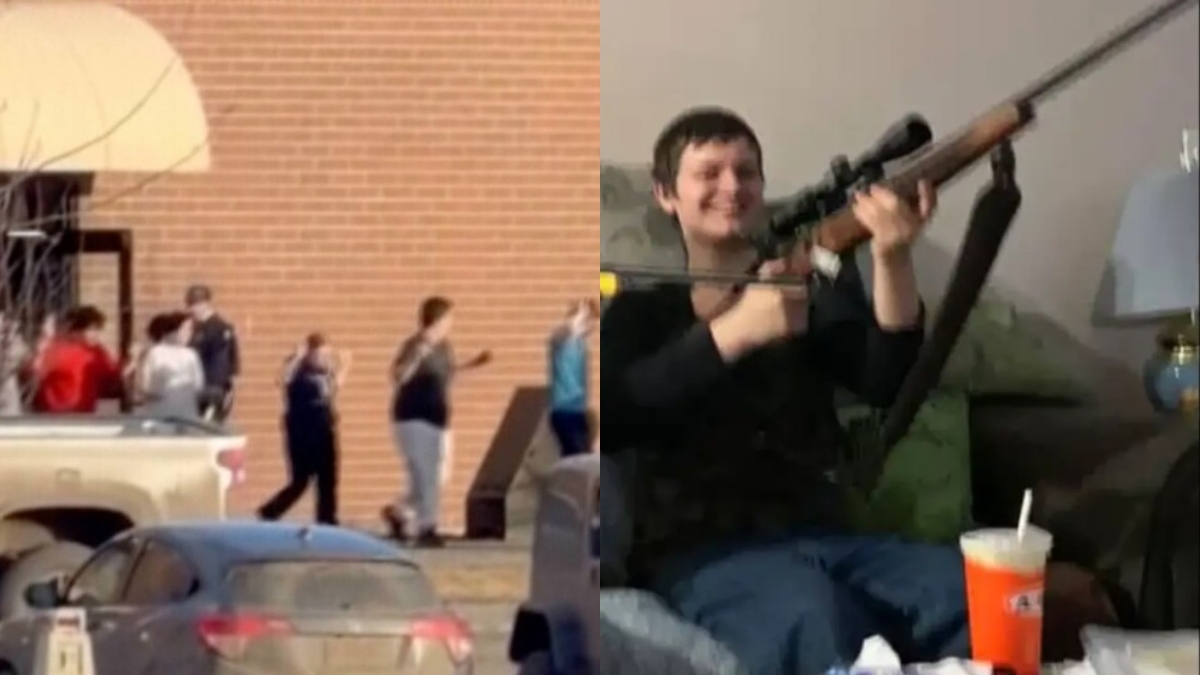ICRC chief: Gaza “worse than hell on earth” as US vetoes UN ceasefire resolution
International Committee of the Red Cross (ICRC) president Mirjana Spoljaric has described Gaza as “worse than hell on earth,” warning that humanity is failing as the war drags into its ninth month. Her remarks came days after the United States vetoed a UN resolution calling for a permanent ceasefire.
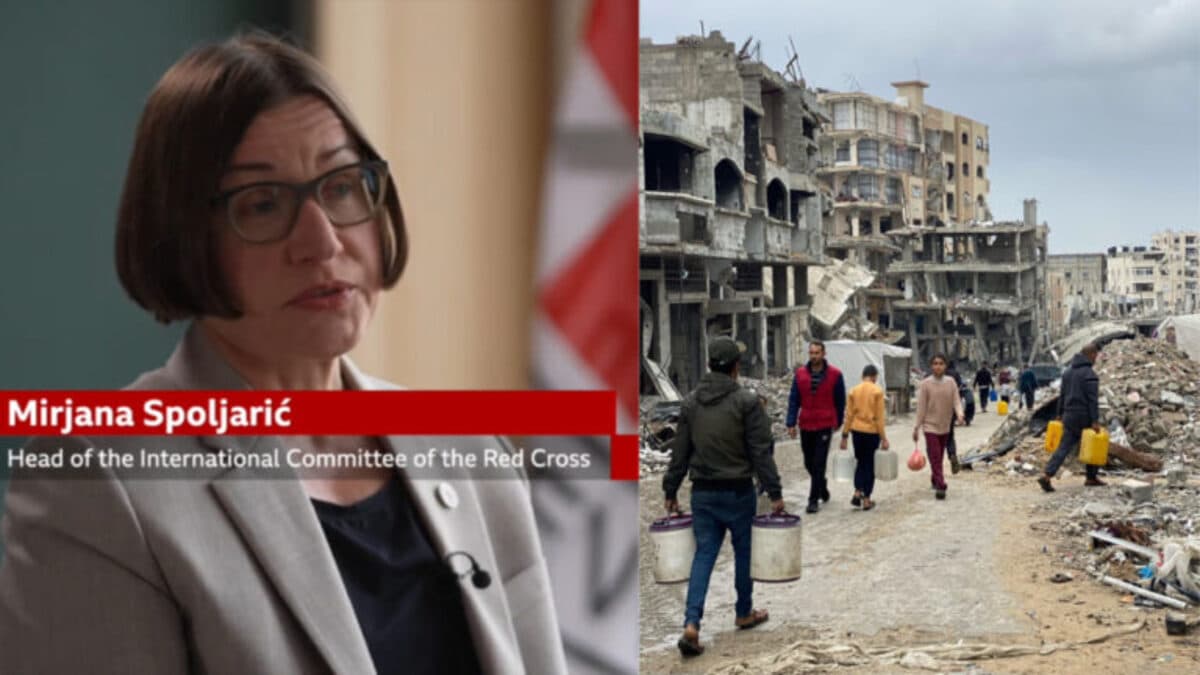
- ICRC chief Mirjana Spoljaric says Gaza is now “worse than hell on earth.”
- Warns the war has hollowed out respect for Geneva Conventions.
- ICRC hospital in Rafah overwhelmed; nowhere in Gaza is safe.
- Concerns raised over militarisation of aid under the GHF.
- US vetoed UN ceasefire resolution despite near-unanimous backing.
- UN and NGOs warn of systemic famine and mass civilian casualties.
GENEVA – ICRC president Mirjana Spoljaric has issued her starkest warning yet on Gaza, declaring the situation “worse than hell on earth” and urging urgent international action to stop the war.
In an interview with the BBC on 6 June, Spoljaric said the destruction and suffering in Gaza had exceeded “acceptable, legal, moral and humane standards”, stripping people of their dignity.
“It has become worse,” she said, when asked about her earlier April comments likening Gaza to hell.
“We are watching a people entirely stripped of its human dignity. It should shock our collective conscience.”
Call to uphold Geneva Conventions
As custodian of the Geneva Conventions, the ICRC plays a central role in monitoring humanitarian law.
Spoljaric acknowledged Israel’s right to self-defence but stressed that neither side can ignore the laws of war.
“There is no excuse for hostage-taking. There is no excuse for depriving children of food, health, and security. Every party to every conflict has to respect the rules,” she said.
Referring to the 7 October 2023 Hamas attacks, which killed 1,200 people and saw 250 taken hostage, she added: “It’s no justification for hollowing out the Geneva Conventions. A child in Gaza has the same protections as a child in Israel.”
ICRC warns of collapse on the ground
The ICRC has over 300 staff in Gaza, 90% of them local. Israel has barred most foreign media from entering, leaving humanitarian groups among the few sources of reliable information.
Spoljaric described conditions as catastrophic:
-
“Nowhere is safe in Gaza. Not for civilians, not for hostages,” she said.
-
The ICRC field hospital in Rafah was recently overwhelmed after Israeli troops reportedly opened fire near an aid distribution site.
-
On one day alone, the hospital received 184 patients in hours, including 19 dead on arrival.
She said staff were working “20 hours a day” under impossible conditions: “We have no security even for our own staff. It’s surpassing human capabilities.”
Concerns over aid militarisation
Spoljaric expressed alarm at the militarisation of humanitarian delivery, with the Gaza Humanitarian Foundation (GHF) – a US- and Israel-backed initiative – taking over aid distribution from UN agencies.
Several deadly incidents have occurred at GHF-run sites, with civilians killed while queuing for food. Human rights groups say the system has made access more dangerous.
“Victory at all costs” rhetoric condemned
The ICRC president warned that political rhetoric calling for “victory at all costs” risks dehumanising civilians and undermining international law.
“If you destroy the pathway back to peace, the region will never find safety and security. But we can stop it now. It’s not too late,” she said.
Her appeal was direct: “State leaders are under an obligation to act. I’m calling on them to do something, to do more. Because it will reverberate. It will haunt them.”
US vetoes UN ceasefire resolution
Her remarks came just after the United States vetoed a UN Security Council resolution on 5 June demanding an immediate and permanent ceasefire in Gaza.
-
14 of 15 Council members supported the resolution, co-sponsored by 10 elected members including Denmark, Guyana, Pakistan, and South Korea.
-
The draft called for a permanent ceasefire, release of hostages, and lifting of humanitarian restrictions.
But acting US ambassador Dorothy Shea said the text was “unacceptable” because it did not condemn Hamas or demand its disarmament.
“We would not support any measure that rewards intransigence,” she said, accusing Hamas of rejecting recent ceasefire offers.
Global reaction
Other members, including France and the UK, backed the resolution.
UK ambassador Barbara Woodward said Britain voted yes because “the intolerable situation in Gaza needs to end.” She urged Israel to allow unhindered aid: “Let the UN and humanitarians do their job to save lives, reduce suffering, and maintain dignity.”
Meanwhile, UN agencies and rights groups warn Gaza is on the brink of systemic famine, with more than two million people facing starvation and over 54,000 deaths reported by local health authorities.


